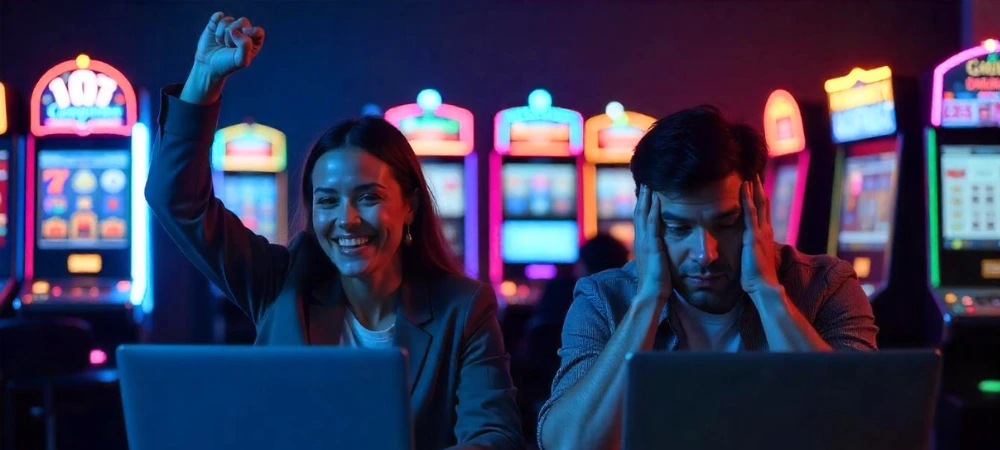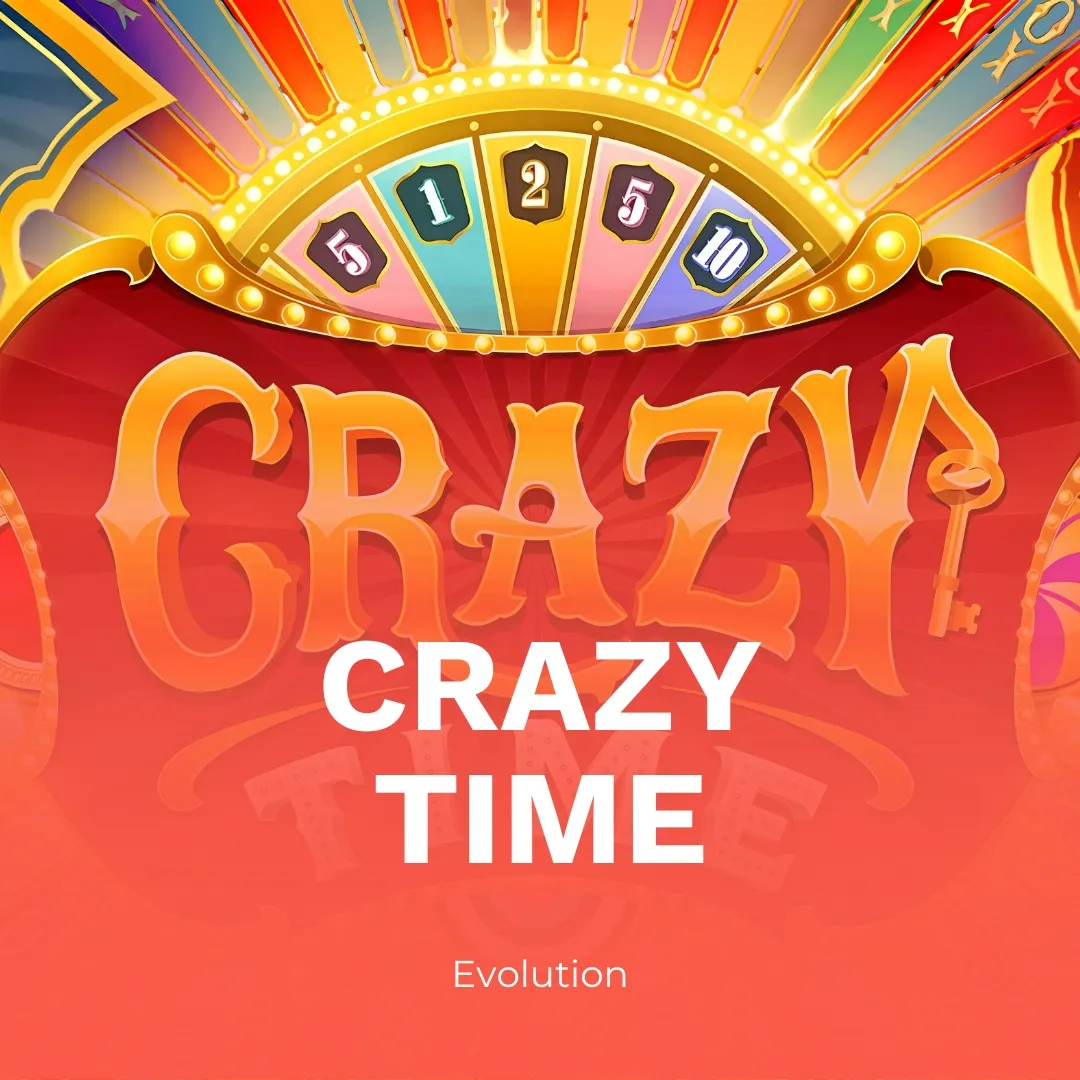The emotional highs and lows of betting go far beyond the odds and outcomes. Whether it’s a spin at the roulette table, a last-minute sports wager, or an online slot session, betting captures more than just chance—it taps into a deep emotional experience. Behind the flashing lights and digital interfaces lies a rollercoaster of anticipation, exhilaration, disappointment, and reflection. This article delves into the psychological forces at play across casino betting, online platforms, and sports wagering—and why so many continue chasing the thrill.
The High: The Rush of the Win
For many, the allure of betting starts with the potential win. There’s nothing quite like the adrenaline of watching your number hit on the roulette wheel or seeing your underdog team pull off an unlikely victory.
In casino betting, the rush often begins even before the cards are dealt or the dice are rolled. The environment—filled with lights, sounds, and cheering—amplifies anticipation. When a win hits, it’s euphoric. Players report surges of dopamine, the brain’s reward chemical, which can temporarily boost mood and even self-confidence.
Online betting magnifies this thrill in other ways. The convenience of quick, repetitive bets—particularly in slots or crash games—creates rapid cycles of highs and lows. A win, even a small one, feels amplified by the ease of access and instant feedback.
In sports betting, the emotional payoff is often linked to personal investment. A winning bet tied to a beloved team feels like a double victory—emotional validation and financial gain rolled into one.
The Low: The Sting of Loss
For every high, there is a low—and in betting, the lows can be intense. A string of losses or a big bet that didn’t pan out can lead to feelings of frustration, regret, and even shame.
Casino bettors often describe a sinking feeling after a loss, especially when it’s preceded by a big win. The drop from elation to disappointment can be emotionally jarring, and for some, this can spiral into chasing losses—doubling down in hopes of reclaiming what was lost.
With online betting, the immediacy of losses can be overwhelming. Fast-paced games, autoplay features, and mobile convenience can make it harder to pause and reflect. A few bad sessions can feel like a collapse, especially if a player is wagering emotionally rather than logically.
In sports betting, losses are frequently compounded by emotional attachment to teams or athletes. A fan might feel not only the loss of money but also the sting of seeing a team they support fail. When bets are placed impulsively—perhaps out of hope rather than reason—regret often follows.
Chasing the High: When Betting Becomes Emotional Dependence
Many players return to betting not just for financial gain, but to chase a feeling—the high. This emotional loop can become dangerous, especially when betting serves as a distraction from other issues like boredom, stress, or depression.
Research in behavioral psychology has shown that intermittent rewards—wins that happen occasionally and unpredictably—are among the most powerful motivators. This explains why online casino games, which often use bright animations and frequent “near misses,” can be especially compelling. It also explains why sports bettors may wager repeatedly even when on a losing streak, hoping for that one redeeming win.
Over time, the line between recreational fun and emotional coping can blur.
Moments of Clarity: The Pause Between Bets
Despite the volatility, many players experience moments of self-awareness and control—especially during breaks between bets or after significant losses.
For some, stepping back leads to more intentional betting habits: setting limits, focusing on entertainment rather than income, and maintaining a healthy balance. Others seek help through support groups, financial planning, or self-exclusion tools offered by online betting platforms.
These reflective moments are key. They turn betting into a mindful activity, rather than a reactive or compulsive one.
Finding Emotional Balance in the Game
Not all betting experiences are extreme. In fact, many players engage with casinos or sportsbooks casually—placing the occasional bet, enjoying the thrill, and accepting losses as part of the game. The key difference is perspective.
Emotionally balanced players tend to:
- See wins as bonuses, not expectations
- Accept losses without spiraling
- Set strict financial and time limits
- Avoid betting when emotional or under stress
This mindset doesn’t eliminate the highs and lows—but it makes the ride smoother, safer, and ultimately more enjoyable.
Responsible Gaming: Knowing When to Stop
As exciting as betting can be, responsible gaming is what keeps the experience enjoyable and sustainable. It’s easy to get swept up in emotional swings—especially after a big win or a frustrating loss—but long-term enjoyment depends on setting personal boundaries and sticking to them.
Most licensed casinos and betting platforms offer responsible gaming tools, such as:
- Deposit and loss limits
- Session timers
- Self-exclusion or cooling-off periods
- Reality checks and reminders
Recognizing your emotional state before placing a bet can prevent impulsive decisions. If you find yourself betting to escape stress, anger, or sadness, it may be time to pause. Responsible gaming isn’t about avoiding fun—it’s about ensuring the fun doesn’t come at the cost of mental health or financial stability.
Help is available. Organizations like Gamblers Anonymous, BeGambleAware, and national gambling hotlines offer confidential support to anyone struggling with gambling habits.
The Real Stakes Are Emotional
While money changes hands in every bet, the real currency of betting is emotional. The highs can be electrifying, the lows crushing, and the in-betweens complex. Understanding the psychological impact of betting—across casinos, online platforms, and sports—is crucial for players, operators, and regulators alike.
Whether you’re a casual player or a seasoned bettor, recognizing your emotional patterns is one of the most powerful bets you can place—on yourself.


















